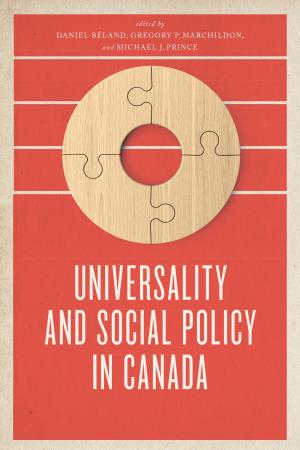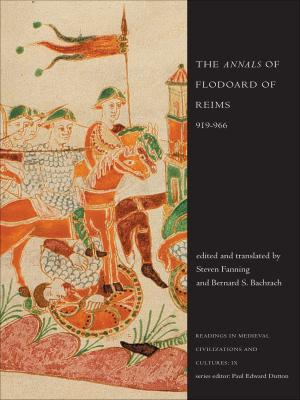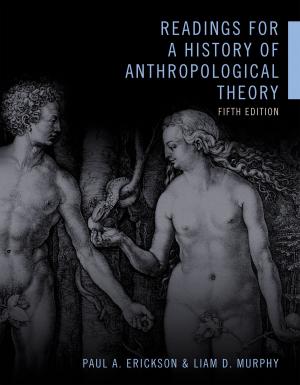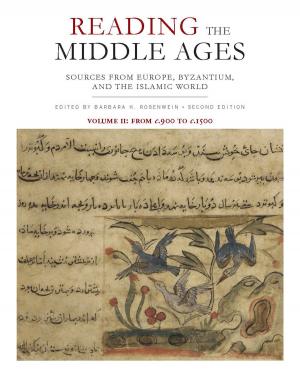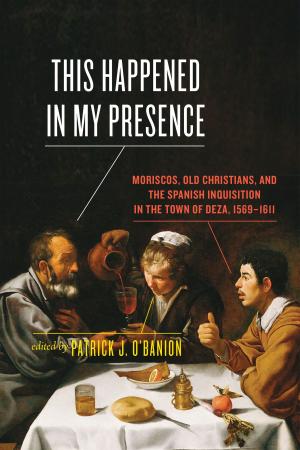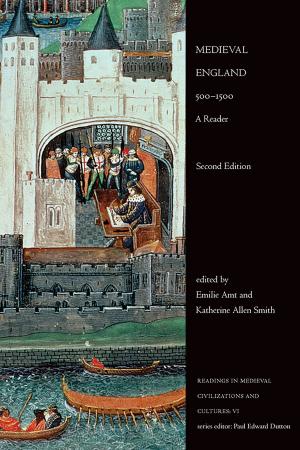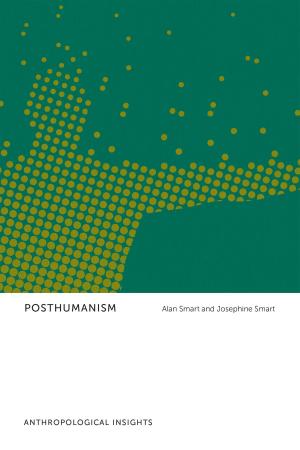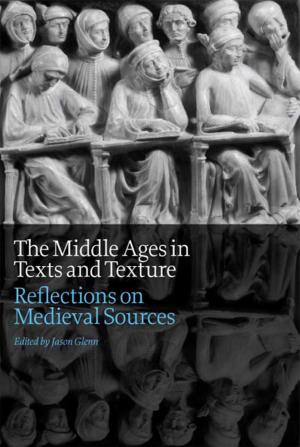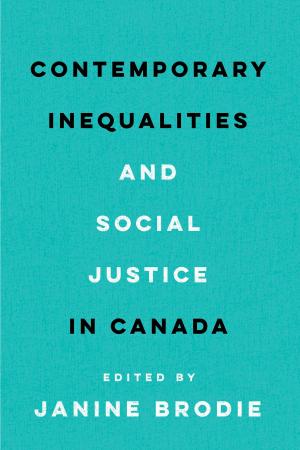The Trial of Tempel Anneke
Records of a Witchcraft Trial in Brunswick, Germany, 1663
Nonfiction, Reference & Language, Law, Gender & the Law, History, Modern, 17th Century| Author: | ISBN: | 9781442635869 | |
| Publisher: | University of Toronto Press, Higher Education Division | Publication: | December 1, 2005 |
| Imprint: | Language: | English |
| Author: | |
| ISBN: | 9781442635869 |
| Publisher: | University of Toronto Press, Higher Education Division |
| Publication: | December 1, 2005 |
| Imprint: | |
| Language: | English |
The accused was Anna Roleffes, known as Tempel Anneke. She was arrested on the charge of witchcraft in June of 1663. She was found guilty and was executed on December 30th that same year. Her trial was long and involved, with many witnesses from several towns and villages.
Consisting of direct translations of the trial testimony, The Trial of Tempel Anneke portrays a large and varied cast of characters including trades people, farmers, local nobility, village drunkards, and Tempel Anneke herself. Tempel Anneke was in several ways typical of those accused of witchcraft, yet from the testimony she emerges as a complex and controversial figure. She was literate and owned a few books and herbals; she prided herself on her medical and pharmaceutical knowledge and until the final stages of the trial when her confession was extracted under torture, she was sharp, assertive, and even witty in her responses to questioning. This English translation offers direct archival insight into the workings of 17th century law, contemporary understandings of justice, perceptions of natural and magical causes, and above all, the social history of the period.
While other witchcraft materials exist, this is the only text available in English that allows students to follow a witchcraft trial from beginning to end. Highly readable, this astonishing narrative is perfectly suited to being read as a complete document. The useful additions of introduction, appendices, glossary, and index provide readers with important background information so that they can engage directly with the material.
The accused was Anna Roleffes, known as Tempel Anneke. She was arrested on the charge of witchcraft in June of 1663. She was found guilty and was executed on December 30th that same year. Her trial was long and involved, with many witnesses from several towns and villages.
Consisting of direct translations of the trial testimony, The Trial of Tempel Anneke portrays a large and varied cast of characters including trades people, farmers, local nobility, village drunkards, and Tempel Anneke herself. Tempel Anneke was in several ways typical of those accused of witchcraft, yet from the testimony she emerges as a complex and controversial figure. She was literate and owned a few books and herbals; she prided herself on her medical and pharmaceutical knowledge and until the final stages of the trial when her confession was extracted under torture, she was sharp, assertive, and even witty in her responses to questioning. This English translation offers direct archival insight into the workings of 17th century law, contemporary understandings of justice, perceptions of natural and magical causes, and above all, the social history of the period.
While other witchcraft materials exist, this is the only text available in English that allows students to follow a witchcraft trial from beginning to end. Highly readable, this astonishing narrative is perfectly suited to being read as a complete document. The useful additions of introduction, appendices, glossary, and index provide readers with important background information so that they can engage directly with the material.

